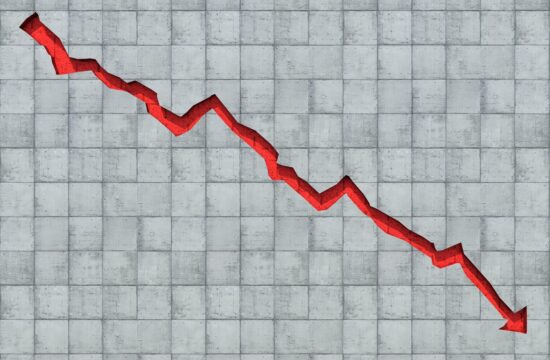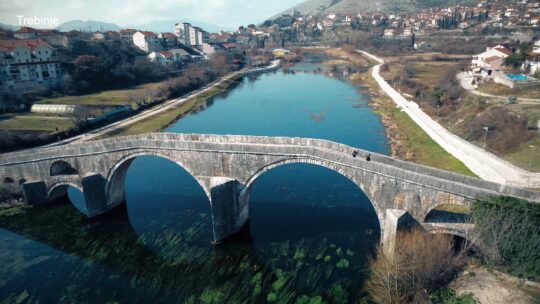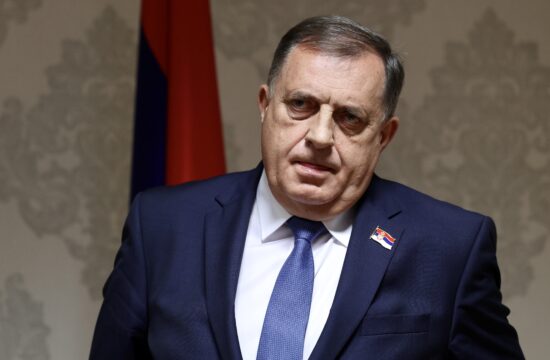
The Draft Law on Constituencies and the Number of Mandates was adopted n the FBiH House of Peoples, on Thursday, with 29 votes in favour, no abstained votes and no against votes.
The extraordinary session of the Federation of Bosnia and Herzegovina House of Peoples’ abounded in breaks and stops and constant objections by the Croat Democratic Union (HDZ BiH) party demands for a recess so they could hold caucus consultations.
In the end, the session continued without most of the delegates coming from the HDZ BiH and the Croat National Assembly (HNS) caucus. Only two members from the Croat caucus took part in the vote.
After the adoption of the said Draft Law, it will be submitted to the Vital National Interest Council of the FBiH Constitutional Court.
The Draft Law was adopted after the Speaker of this House Lidija Bradara left the session together with the HDZ BiH/HNS delegates stating that they discussed everything from the session agenda. The delegates that remained seated reacted abruptly and decided to continue the session.
Four parties – the Party of Democratic Action (SDA), the Alliance for Better Future (SBB), the Social Democratic Party (SDP) and the Democratic Front (DF), with support of the Our Party, agreed earlier on a law proposal that defines the geographical constituencies and the number of mandates in the Parliament of the FBiH, Bosnia's entity shared by Bosniaks and Croats, hoping they would solve the current political crisis that hinders the progress of the country.
Bosnia's state-level Election Law has been a burning issue since two years ago when the Constitutional Court ruled that some of its provisions were violating the state Constitution. One of the disputable provisions dictated that the Federation's cantons delegate at least one representative from each of the country's three main ethnic groups to the Federation's House of Peoples.
Another issue stems from the structure of the state. It is composed of two semi-autonomous entities – one dominated by the Serbs, the other shared by Bosniaks and Croats. Bosnia’s three-member presidency consists of a Serb chosen from the Serb-dominated entity called the Republika Srpska (RS) entity, the other two from the Bosniak-Croat entity – the Federation of Bosnia and Herzegovina (FBiH). However, because they are numerically almost four times stronger, Bosniaks can elect both the Bosniak and the Croat member in the entity the two share. This defies the Constitution which guarantees that each of the three groups can elect their own representatives.
The fate of this Law is still unknown and according to the Bosniak caucus, the matter will be settled by the FBiH Constitutional Court.
The House Deputy Speaker Jasenko Tufekcic thanked the delegates who remained seated during the entire session for continuing and bringing the session to its proper end.




